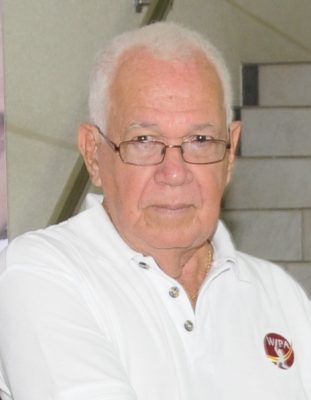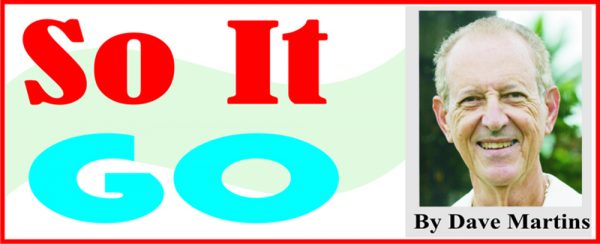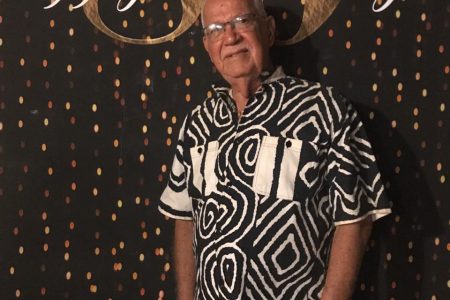
The Pomeroon man – 50 years on the air
I have been heard in recent times beating the drum for Caribbean people to take more notice of the achievers among us, but it is not a recent obsession.

I have been heard in recent times beating the drum for Caribbean people to take more notice of the achievers among us, but it is not a recent obsession.
Changes in the nature of what we refer to as our “popular music” of the day are part and parcel of the form.

It’s not new. I have sounded this trumpet before—on the need for us in the Caribbean to recognise the ones in our story, past and present, who have made significant contributions to the cultural fabric.
There is a lovely Rupununi hammock in our house; one which has given me much relaxation and sound sleep recently.
People ask me all the time about the experiences I have had since Tradewinds started.
One of Guyana’s most accomplished sons, Vibert Cambridge, a Professor at the University of Ohio, is one of those Georgetown people with whom I go way back.
I’m a farmer’s son – Pomeroon farmer, the late Joseph Francis Martins was my father – but the truth is I didn’t take much to planting as a youngster.
I cannot be sure it remains so today because I’m not around large numbers of young people constantly, but in my youth there was this definite impression among youngsters that life on the road, for a travelling musician, was a series of joyful experiences.
I did an interview this week with Sean Devers on the Kaieteur News radio station and someone asked about the keys to a career in music and my answer was “business.”
We make a big pretence in the Caribbean to be this sophisticated person of the world, very much at home in the metropolitan areas to which many of us migrate but in fact we’re country people.

I made some noise in a recent column in this space regarding the need for Guyanese to publicly recognize the singular achievers among us, including some who have passed on, the purpose being to elevate our knowledge of the worth of our own and especially so that our youngsters would grow up knowing of people of worth in their past.
From young, growing up at Hague and Vreed-en-Hoop and with the occasional forays in the Pomeroon where my father had his farm, I was into words.
It frequently happens in Guyana that folks who stop me at various times to say thanks for the columns will often ask, “You do this every week, no breaks; how do you keep coming up with the topics?”
We have two dogs. Choo, now going on 10 years, is a German Shepherd mix who had arrived via our friend, Tony Pires, who spotted her in Brazil and realized she was perfect for us, looking for a dog.
When I say that England has played a major role in Caribbean life, I’m telling you something you already know, but when I tell you I wrote a song about missing England, that has to be news to you because I never lived in England.
As promised last week in the first installment of my Singular Guyanese column when space ran out, here is the second half of that creature.
In the arena of creating music for popular consumption, it is sometimes the case that a song about which one is very excited, and generating high expectations, will land like a thud – seemingly totally dismissed by the population.
I won’t say it’s a flood, or a daily thing, but I am often asked, sometimes in person, sometimes in writing, about the process of creating songs.
In this current “information age” in which we live in Guyana, surrounded by four daily newspapers, round-the-clock online sources, a bundle of radio stations, social media, personal electronic mail, etc.,
A recent car ride down the West Coast road to Parika sparked memories of my youth at Hague, and later Vreed-en-Hoop, in a time when a major factor in public transportation on that stretch was the unique Guyanese country bus totally unlike the mass-produced metal buses common to North America and Britain.
The ePaper edition, on the Web & in stores for Android, iPhone & iPad.
Included free with your web subscription. Learn more.